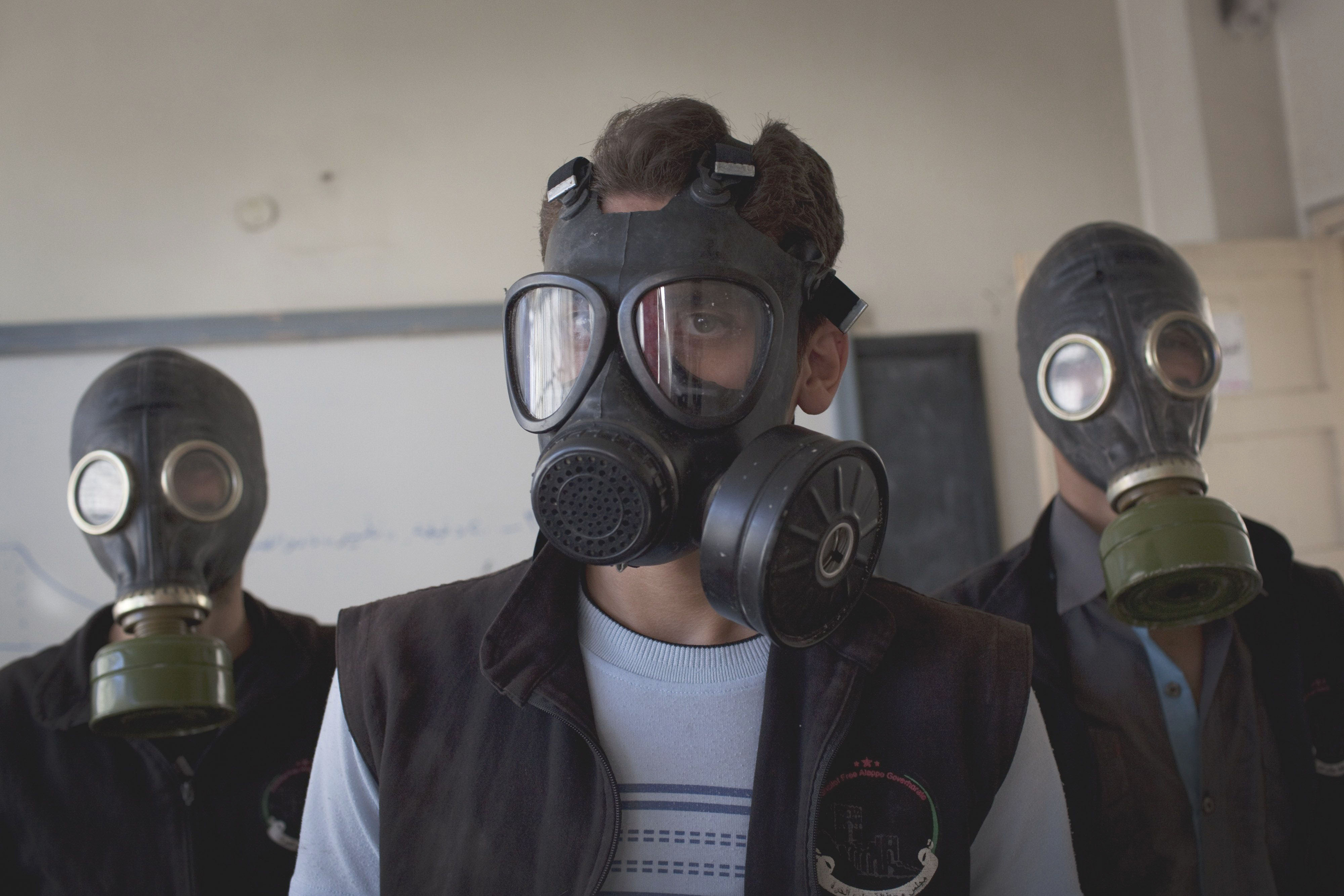A month after rockets carrying chemical payloads rained down on the suburbs of Damascus, doctors say hundreds are still suffering the ill effects of sarin poisoning. But the horror of the gas attack is being overtaken by continuing shelling and airstrikes, as well as by malnutrition and disease.
In more than a dozen Skype interviews, field-hospital doctors and activists in the area known as Ghouta described what they called a dire humanitarian situation, with residents struggling to survive under a continuing siege from government troops.
Most victims of sarin attacks die within the first 24 hours, according to experts; the United States and its allies have said 1,429 Syrian civilians died in the Aug. 21 attack, which they blame on the Syrian government. A smattering of other sarin-related deaths followed, doctors say, mostly in the days immediately after the attack.



















With your current subscription plan you can comment on stories. However, before writing your first comment, please create a display name in the Profile section of your subscriber account page.